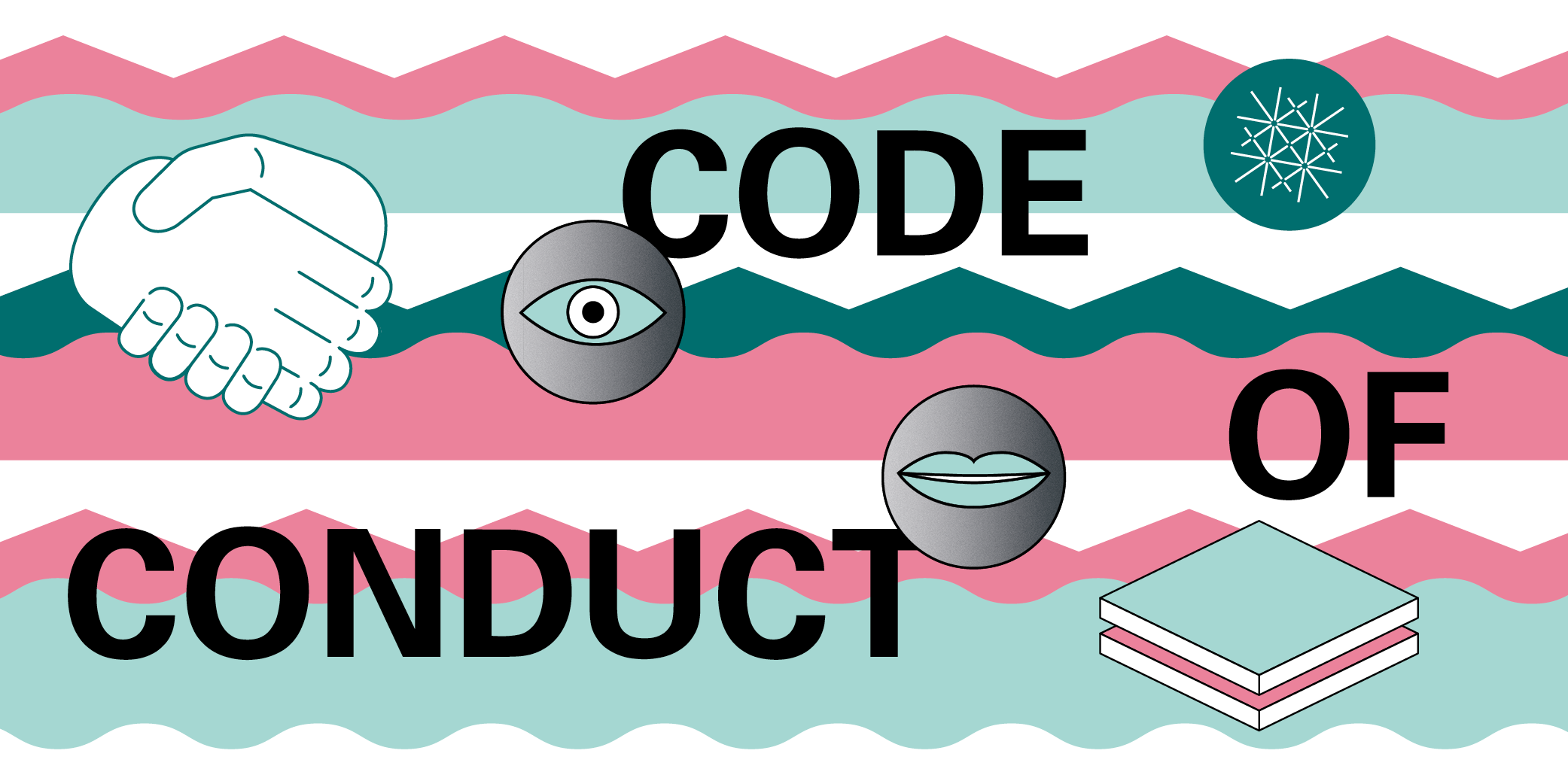Code of Conduct

The University of Basel is committed to a culture of dialogue and to the values of integrity, respect, openness, equality and inclusion. Discrimination, bullying and sexual harassment are not tolerated.
All of us - professors, students, lectures, sceintific, administrative and technical staff - are jointly responsible for living these values in everyday life. The Code of Conduct clarifies the guidelines for studying and working together in a respectful and professional way.

